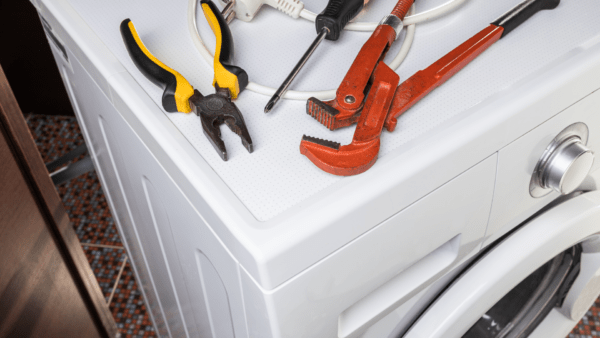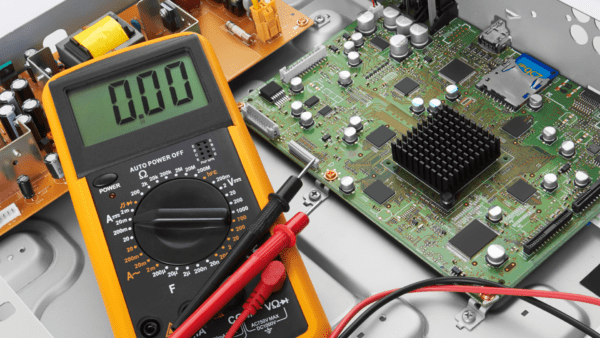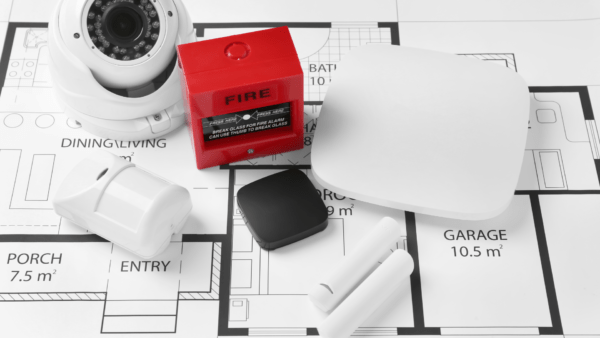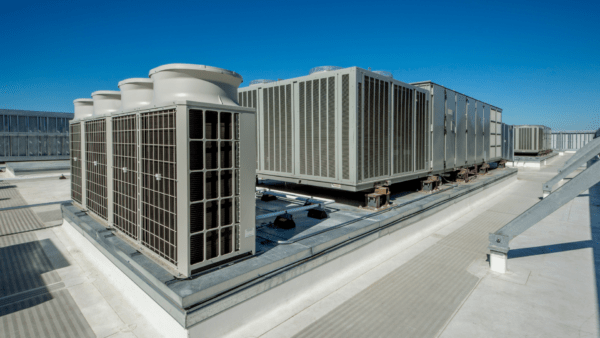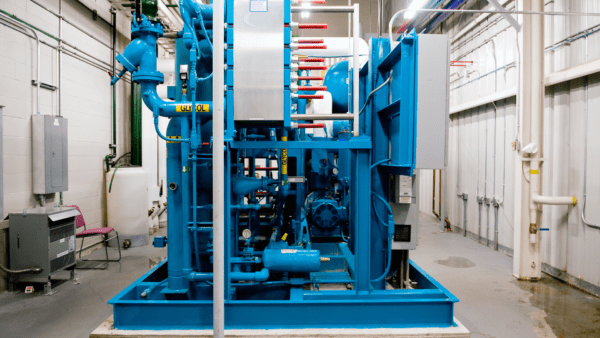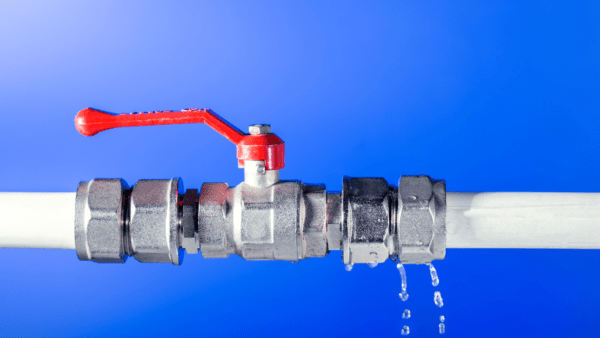
The Installation, Repair, and Maintenance (IRM) career field encompasses a wide range of occupations focused on installing, fixing, and maintaining various types of equipment, machinery, systems, and infrastructure. This field plays a crucial role in ensuring that technology, utilities, and facilities operate efficiently and safely.
Education
Varies, but typically include a high school diploma for entry-level positions, vocational or technical training for specialized roles, and, in some cases, an associate degree or certifications for more advanced positions. Practical experience and continuous learning are often key components for success in this field.
To Consider
- Practical, hands-on experience is often highly valued in the IRM field.
- Some individuals enter the field through on-the-job training or by gaining experience in related roles.
- Staying current with advancements in technology and industry practices through continuous learning is essential for career growth in this dynamic field.
Examples of Professional Areas (non-exhaustive)
Examples of Professions (non-exhaustive)
Common soft skills (non-exhaustive)
In addition to technical skills, individuals working in the Installation, Repair, and Maintenance (IRM) field often benefit from a range of soft skills. Here are some common soft skills that are highly valued in this field (this list is non-exhaustive; note that all skills are not necessarily needed).
Adaptability: Being flexible and open to adapting to changes in technology, procedures, or work environments, as the IRM field often involves evolving technologies and dynamic work conditions.
Analytical Thinking: The ability to analyze information, assess situations, and make informed decisions, critical for resolving technical issues and implementing effective solutions.
Attention to Detail: Being meticulous in work, paying close attention to small details to ensure accuracy and precision in tasks like equipment installation and system maintenance.
Communication Skills: The ability to convey information clearly and effectively with colleagues, clients, and team members, ensuring that instructions, issues, and updates are understood.
Conflict Resolution: Addressing conflicts or disagreements professionally, finding constructive solutions to maintain a positive and collaborative work environment.
Customer Service: Providing excellent customer service by addressing client concerns, explaining technical issues in a clear manner, and ensuring satisfaction with the completed work.
Documentation Skills: Keeping accurate and detailed records of work activities, including maintenance procedures, repairs, and installations, for future reference and compliance purposes.
Empathy: Understanding and empathizing with the concerns and needs of clients, colleagues, or end-users, fostering positive relationships.
Ethical Conduct: Upholding a high level of professionalism, integrity, and ethical conduct in all interactions, particularly when dealing with sensitive information or client property.
Initiative: Taking the lead in identifying potential issues, suggesting improvements, and being proactive in ensuring the smooth operation of equipment and systems.
Interpersonal Skills: Building positive relationships with colleagues, clients, and other stakeholders, fostering a collaborative and supportive work environment.
Leadership: Taking on leadership roles when necessary, guiding a team through complex tasks or projects and inspiring confidence in colleagues.
Learning Agility: Being open to continuous learning and adapting to new technologies and methodologies as the field evolves.
Mechanical Aptitude: Having a natural understanding and comfort with mechanical systems, equipment, and tools, which is essential for effective troubleshooting and maintenance.
Patience: Remaining calm and patient, especially when facing challenging technical issues or when explaining complex concepts to clients or team members.
Problem-Solving: The capability to analyze and solve complex problems, troubleshoot issues, and find innovative solutions to challenges that may arise during installations, repairs, or maintenance tasks.
Safety Consciousness: Prioritizing and adhering to safety protocols and guidelines, ensuring the well-being of oneself and others in environments where safety is paramount.
Stress Management: Effectively managing stress and pressure, which may arise in situations where quick decisions or responses are required.
Teamwork: Collaborating with colleagues, other technicians, and professionals in related fields to achieve common goals, especially in complex projects or installations that require coordinated efforts.
Time Management: Effectively managing time to meet deadlines and complete tasks efficiently, especially in situations where prompt repairs or installations are crucial.

